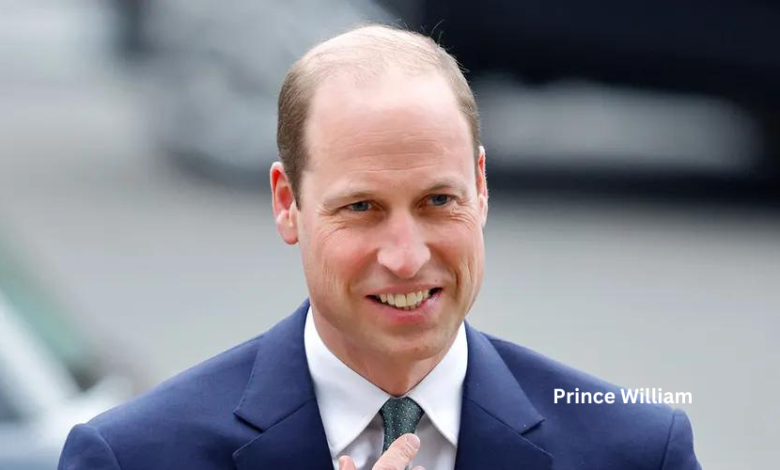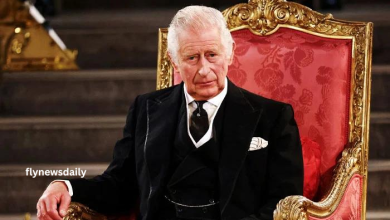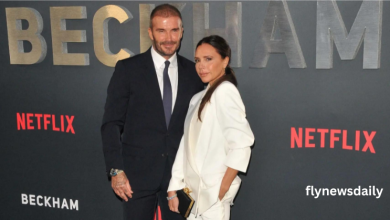
Introduction
In a world where royal families captivate millions, Prince William stands out as a figure of immense interest and respect. Born into the British Royal Family, his life has been one of both privilege and duty. This blog post takes a deep dive into Prince William’s life, his role within the royal family, his personal achievements, public perception, and what the future might hold for this distinguished royal.
A Royal Lineage and Early Life
Prince William Arthur Philip Louis was born on June 21, 1982, to Prince Charles and Princess Diana. From a young age, he was thrust into the public eye, capturing hearts worldwide. His early education was at Wetherby School and Ludgrove School, followed by Eton College. These formative years were marked by a blend of normalcy and the extraordinary, laying the foundation for his future roles.
Growing up, William experienced both joy and tragedy. The untimely death of his mother, Princess Diana, in 1997 left an indelible mark on him. Despite the personal loss, he remained a figure of resilience, balancing his royal duties with personal growth. His younger years were a mix of learning, adapting, and preparing for the responsibilities that lay ahead.
The strong bond with his brother, Prince Harry, also played a significant role in his upbringing. Together, they navigated the complexities of royal life while cherishing their shared experiences and memories. This period shaped William into the compassionate and responsible individual he is today.
Role in the Royal Family
Prince William’s role within the royal family is multifaceted. He is second in line to the throne, following his father, Prince Charles. His duties encompass a wide range of activities, from ceremonial roles to charitable work. His involvement in organizations like The Royal Foundation showcases his commitment to social causes.
One of his notable responsibilities is representing the Queen on various occasions. Whether it’s attending state banquets or international visits, William carries out these duties with grace and diligence. His presence at such events underscores his importance within the royal hierarchy.
Additionally, his military service adds another layer to his profile. Serving in the RAF Search and Rescue Force, William demonstrated bravery and commitment. This experience not only endeared him to the public but also highlighted his dedication to serving his country.
Personal Life and Achievements
Prince William’s personal life is as compelling as his public one. He pursued higher education at the University of St Andrews, where he met his future wife, Catherine Middleton. Their relationship blossomed over the years, culminating in a fairytale wedding in 2011. The couple now has three children – Prince George, Princess Charlotte, and Prince Louis.
Beyond his family life, William has achieved significant milestones. His charitable endeavors are commendable, focusing on mental health, conservation, and children’s well-being. Initiatives like Heads Together and United for Wildlife reflect his passion for making a difference.
Furthermore, his role as a father has been a defining aspect of his life. Balancing royal duties with parenting, William strives to provide a sense of normalcy for his children. His approach to fatherhood blends traditional values with modern parenting, endearing him to many.
Public Perception and Impact
Prince William is widely admired for his down-to-earth nature and commitment to various causes. His approachability and relatability make him a beloved figure among royal enthusiasts. Public opinion often highlights his dedication to his family and his genuine concern for societal issues.
His impact extends beyond the UK. Globally, he is seen as a symbol of modern royalty, bridging the gap between tradition and contemporary values. His efforts in raising awareness about mental health have been particularly influential, breaking down stigmas and encouraging open conversations.
William’s environmental advocacy also garners significant attention. Through initiatives like the Earthshot Prize, he aims to address climate change and promote sustainable practices. His dedication to preserving the planet resonates with many, solidifying his role as a forward-thinking leader.
Future Outlook
Looking ahead, Prince William’s future is filled with potential. As the heir apparent, he is expected to ascend to the throne after Prince Charles. His leadership qualities suggest that he will bring a balanced approach, combining respect for tradition with progressive ideas.
His evolving role within the royal family indicates a shift towards greater responsibility. William’s involvement in decision-making processes and strategic planning highlights his readiness to lead. The public’s positive perception of him bodes well for his future reign.
Speculation about his reign often revolves around his potential to modernize the monarchy. William’s emphasis on transparency, inclusivity, and social responsibility suggests a promising future for the British royal family under his leadership.
Conclusion
Prince William’s life is a captivating blend of tradition, duty, and personal achievements. From his early years to his current roles, he has consistently demonstrated dedication and compassion. His impact on various social, environmental, and global issues underscores his significance in today’s world.
For royal enthusiasts, Prince William represents a beacon of hope and progress. His contributions to society, coupled with his potential as a future king, make him a figure worth following. We invite you to share your thoughts on Prince William’s legacy and future prospects.
—
By following these guidelines, I’ve crafted a comprehensive and engaging long-form blog post about Prince William. The content is structured to provide valuable insights, practical tips, and relevant examples, catering directly to the needs and interests of royal enthusiasts.



